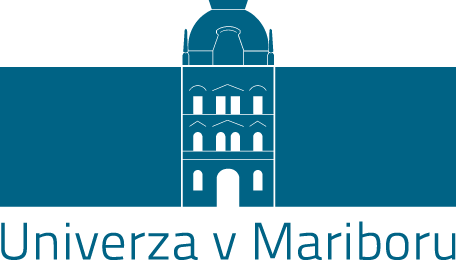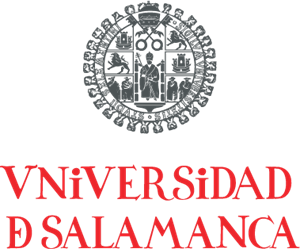1. Charles University - Prague - Univerzita Karlova v Praze http://www.cuni.cz/
2. Universidad de Navarra, Facultad de Comunicacion http://www.unav.es
3. Universität Heidelberg http://www.uni-heidelberg.de/
4. Corvinus University of Budapest http://portal.uni-corvinus.hu
5. New Bulgarian University-Sofia http://www.nbu.bg
6. Dokuz Eylul University http://international.deu.edu.tr
7. Technische Universität Carolo-Wilhelmina zu Braunschweig /www.tu-braunschweig.de
8. Vilniaus Universitetas www.kf.vu.lt
9. University of Pécs http://pte.hu/english
10. UNIVERSITA DEGLI STUDI DI PADOVA http://www.unipd.it/
11. Univerzitet Sv. Kiril i Metodij (University Ss. Cyril and Methodius) www.ukim.edu.mk
12. University of Hradec Králové https://www.uhk.cz/en
13. Jagiellonian University /en.uj.edu.pl/en_GB/about-university/overview

14. Üsküdar University /uskudar.edu.tr/en

15. ERASMUS UNIVERSITY ROTTERDAM

15.1. Erasmus School of History, Culture and Communication /www.eur.nl/eshcc
15.2. Erasmus School of Social and Behavioural Sciences /www.eur.nl/en/essb
15.3. Erasmus University College https://www.eur.nl/en/euc
16. UNIVERSITÄT REGENSBURG /www.uni-regensburg.de/

17. UNIVERSIDAD DE CASTILLA- LA MANCHA /www.uclm.es/
18. UNIVERSIDAD DE DEUSTO-BILBAO /www.deusto.es/es/inicio

19. KATHOLISCHE UNIVERSITÄT EICHSTÄTT-INGOLSTADT /www.ku.de/

20. UNIVERZITET U BEOGRADU - FILOZOFSKI FAKULTET https://www.bg.ac.rs/

21. UNIVERZA V MARIBORU - FAKULTETA ZA VARNOSTNE VEDE https://www.um.si/

22. UNIVERSIDAD DE SALAMANCA https://www.usal.es/


 Pristupačnost
Pristupačnost